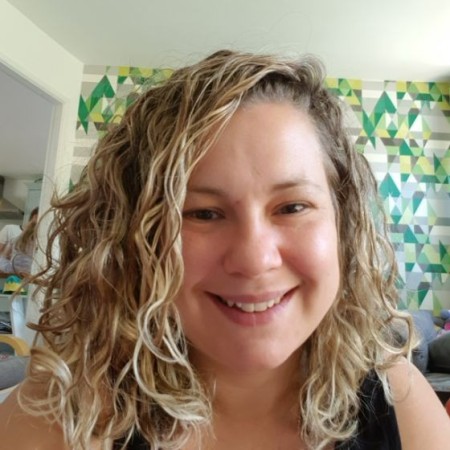As part of National Pathology Week 2023, Tyler Kennedy, Senior Biomedical Scientist - Quality and Training Lead at Salford Royal Hospital shares her thoughts on a career in Pathology. Salford Royal Hospital is part of Northern Care Alliance, a member of the GM Pathology Network.
What is your area of expertise?
Cellular Pathology
How did you develop skills in this area?
I came out of university with a degree in Neuroscience and no idea what to do with it. I didn’t like the idea of research and I wanted to do something more vocational to help people.
After some career hunting I came across Biomedical Science and plotted my route to registration.
I did an integrated MSc, top up course and a placement to complete my registration portfolio. For my placement I didn’t get a choice of discipline, I was assigned to Cellular Pathology at Salford but luckily this was the area I was most interested in and best suited to me.
I really enjoyed my placement and by completing my course and portfolio I fulfilled all the criteria for registration with the HCPC as a Biomedical Scientist.
I have been qualified 12 years now and I have progressed from an entry level Biomedical Scientist to Specialist Biomedical Scientist and now a Senior Biomedical Scientist.
I have completed further studies to enable this progression; IBMS Specialist Portfolio in Cellular Pathology, Training for Trainers and I am currently undertaking the IBMS Certificate in Expert Practice in Training. These have been encouraged by my department and I have had lots of support from my colleagues along the way.
Why did you choose a career in Pathology?
I knew I always wanted to help people but I am not made for front line duties!
I have always had an interest in sciences and life sciences in particular.
Cellular Pathology is perfect for me as it is a very manual hands-on department.
What does a typical day involve?
In a senior role I have less time on the bench these days but because I am heavily involved in training I am often getting my hands dirty.
I have a training plan and staff members ear marked for certain areas of training. As a senior team we will agree on the training strategy. The demands of the lab and staffing can sometimes mean my plans are dynamic, but I find good communication usually means I use my time effectively.
The training might be theoretical or practical. My role is new to the department so I am having to create a lot of resources as I need them.
After the training I might need to update some training records / competency documents.
I spend a proportion of my time updating documents on the quality management system and I attend department meetings
I engage with the team regularly to get feedback on how their training is going (if I’m not delivering it) or what their next steps are.
What’s been your biggest inspiration?
I enjoy seeing staff develop their confidence and skills. The change in someone from day 1 to day 365 is remarkable and to know you have played a part in that is rewarding and inspires you to do more.
How have you grown in your profession?
I think the confidence and skill that comes from working in a profession for 12 years is my biggest growth. You are shaped by the people around you and the opportunities you are given so I am thankful to everyone I have worked with, who have built me up over the years!
I think now I want to give others the opportunity to be the best version of a BMS they can be. Of course this is practical skills but it might be learning from my mistakes or guiding them when they make their own.
What has been your biggest achievement so far?
Professionally I don’t really feel ground breaking, but having a family and working is quite the juggle. Surviving feels like an achievement!
What advice would you give to someone looking for a career in Pathology?
Take a look at where you are and where you want to be. Make a plan, understand all your options and be prepared to start at the bottom. The best learning opportunities come from within.
